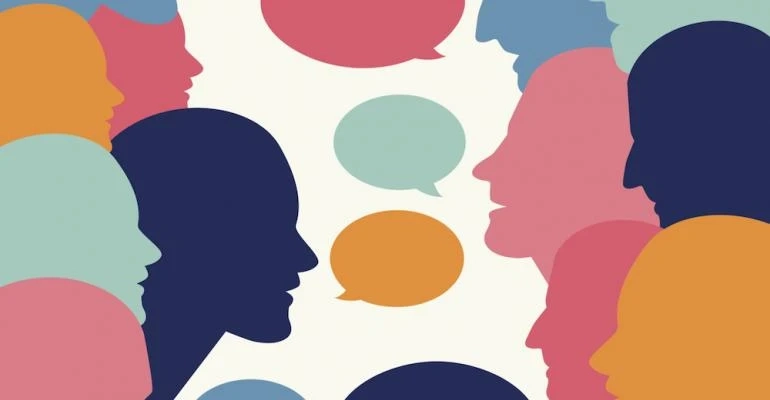Understanding culture and communicating with diverse groups is essential to effective multicultural communication. Multicultural communication studies how people from diverse cultures communicate with each other. This discipline combines the study of culture and communication as two interrelated but distinct areas of study. In this article, you will learn how to navigate communication challenges across cultures with ease and intuition. Once you understand the basics, you will be well on building a successful career in this field.
Multicultural communication is the study and practice of communication across cultural contexts.
The field of multicultural communications had developed significantly from its beginnings when scholars identified the need for a more comprehensive understanding of cultural differences. They developed theories and empirical data to explain how people communicate across cultural contexts. The study of intercultural communication has been influenced by many influential scholars, including Hall, Trager, and Gudy kunst. This research continues to evolve as more people become aware of cultural differences' importance and their role in human communication.
Critical multicultural communication (CIC) examines the core concepts of intercultural communication and relates them to their historical backgrounds, power relationships, and contexts. Cultural diversity contributes to diversity and innovation but is often suppressed in the name of unified action. By understanding the experience of those of different cultures, we can better coordinate our meaning and action. It is important to understand that an absolute standard of civilization cannot judge a culture. Instead, it is essential to understand that people from diverse cultures are simply different from each other.
It requires intuition
Researchers from the National Academies Press have examined whether our intuition is a critical factor in multicultural communication. Using a stag hunt game, they found that participants exhibited greater intuition than their counterparts. As a result, participants had higher success rates when communicating with others from different cultural backgrounds. Intuition has also been linked to better decision-making, freeing up our minds for new experiences. Developing intuition is essential to improving our overall effectiveness in our everyday lives.
Intuition is the most fundamental human skill and can be just as valuable as months of logical analysis. However, while intuition appears to be a holistic tool, it requires leaps in thinking that rely on limited information. Intuition was first defined as the human mind's internal, unconscious information processing. Herbert Simon coined the term "bounded rationality" to describe this process in the 1950s.
It requires flexibility
Your attitude must also change when you communicate with people from different cultural backgrounds. You must adopt a flexible attitude and remain patient. In addition, while working in a cross-cultural environment, you must always respect the authority of leaders in both cultures. To make effective communication easier, learn how to interact with people from different cultures. This article explores some of the most important skills needed for cross-cultural workers. Read on to discover more!
It requires open-mindedness
In order to understand cultures, one needs to have open-mindedness. There are many different ways in which we can demonstrate this trait. For instance, research shows that open-mindedness is positively related to interethnic interactions. It also positively affects social adjustment. To understand the importance of open-mindedness in multicultural communication, we need to examine the following ways. Read on to discover the best ways to demonstrate open-mindedness in different cultures.
To begin with, open-mindedness is the ability to engage in a new situation or person without prejudices. This means being willing to learn and question one's own beliefs. It is essential to practice open-mindedness while working with others, as it helps to reinforce a behavioral understanding of culture. We can practice open-mindedness by watching videos, discussing ideas, and listening to others without preconceived notions.
It requires patience
Developing a sense of patience in the workplace is especially important in a multicultural environment. Colleagues from different backgrounds approach human interactions and tasks differently. Awareness of these differences can help you work with your colleagues more effectively and communicate effectively. Here are three tips for cultivating patience:
0


